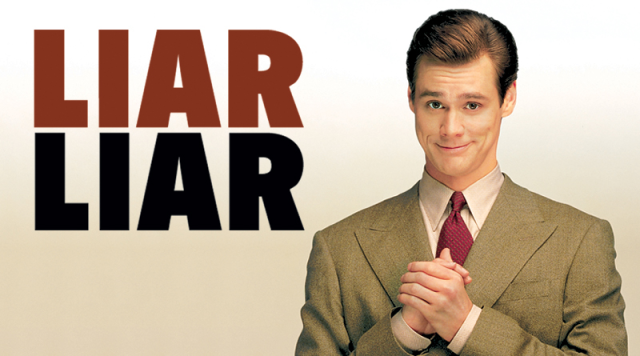Professor Dan Ariely new study via his book “The (Honest) Truth About Dishonesty” proves that we are all dishonest people especially with ourselves. We do wrong things all the time and feel that we are not dishonest and it was ok to do that thing. In our mind, we don’t cheat, our mind has a mechanism to rationalize these events.
Have you ever lied to your boss with a more convincing tale when you got late for a meeting? Do you think that it is ok to take office stationary home? Are you likely to cheat in an exam when the supervisor is not around and you know that you need to pass the exam or else you won’t make it through the semester? While claiming your office expenses, have you ever added a couple of personal bills to the list as well?
We think that minor cheating is justified. The stories we tell ourselves to rationalize those events are well justified! Dr. Ariely may even call this wishful blindness.
We get pleasure when we think that we are honest and moral people. On the other hand we benefit from cheating. Rationalization allows us to do a bit of cheating and feel good about ourselves. Some people who are more creative then others tell better stories to themselves. The more creative a person is, the better story he has to rationalize our actions.
When it comes to stealing cash, a person might hesitate. But stealing a pen or pencil, we might be able to rationalize it. Stories like, everybody does it or it was put there for purpose.
Apart from creativity, environment is another factor. In fact, environment as per him is the main factor, creativity only adds to it. Fudging with the taxes, driving over speed when cops are not around. People who are more creative tend to go to places that offer more flexibility.
What can we do about it? Dr. Ariely has attempted to answer this. Creativity is a very useful thing. Its creativity, biased incentives and flexibility, dishonesty is the concoction of the three. So, to put it simply, conflicts of interest should be eradicated, rules of judgment should be clear and no biased incentives should be there. Creativity should be promoted but with caution.
Some examples to stop this include: getting the students to sign an honor pledge before writing an exam, ensuring that the exam environment is free from distortions as our tendency to cheat increases in we receive poor service etc.
Mirk
Psychology of Security – https://psychologyofsecurity.wordpress.com/
Why shouldn’t we talk about our New Year’s Resolutions?
Why do people Overshare on Facebook, Twitter?
Why are Monday mornings miserable?
Why did Adam Lanza kill 26 innocents?
Photo courtesy: imdb

